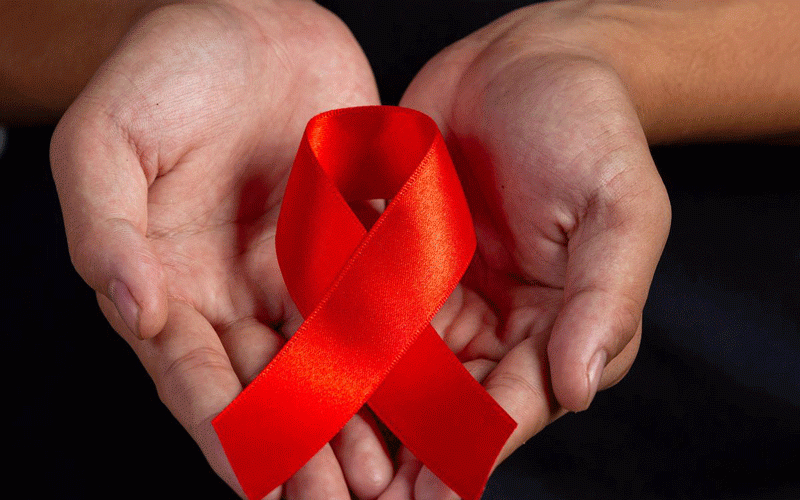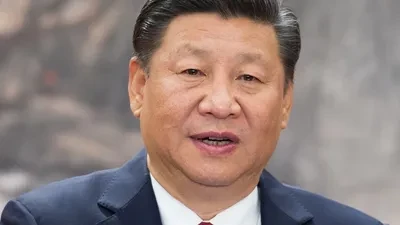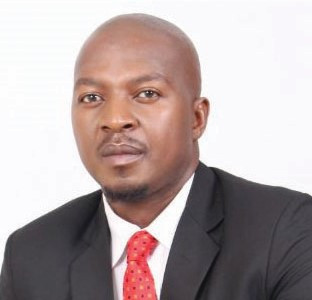
ZIMBABWE’s bid to host next year’s International Conference on AIDS and STIs in Africa (ICASA) has received a thumbs-up after an assessment team came into the country last month and was satisfied.
In a letter yesterday, the Society for AIDS in Africa told National AIDS Council (NAC) chief executive officer Bernard Madzima that the verification process had ended with the selection of Zimbabwe as the host for the international meeting.
"We are pleased to inform you that based on the assessment visit conducted on the 28th September to 1st October 2022 in Zimbabwe, and the deliberation of SAA Board Council members, the bid of Zimbabwe to host ICASA 2023 has been approved. However, before the official announcement, the right to host ICASA 2023 should be signed between the Society for AIDS in Africa and the host country.
"The Society for AIDS in Africa is proposing to sign the MoU between 17 to 19 October 2022 in Zimbabwe, and to also launch officially the announcement of ICASA 2023 Zimbabwe, 4th to 9th December 2023," reads the letter.
The Society for AIDS in Africa informed Madzima that they are also planning to launch the call for ICASA 2023 logo as well as the call for ICASA 2023 thematics during the event of ICASA 2023 Host country MoU signatory and announcement.
"Dear Dr. Bernard Madzima, kindly accept our congratulations as the host of ICASA 2023 and extend our greetings to the President of Zimbabwe (Emmerson Mnangagwa), the Vice President (Constantino Chiwenga) and the good people of Zimbabwe. We believe that ICASA 2023 will be a turning point in our quest to strengthen the health system in Africa towards the end of AIDS," the letter concluded.
Zimbabwe hosted the same event in 2015 and has since registered a notable success in fighting HIV/AIDS and STIs. It is also on the pathway to register a 95-95-95 achievement in its quest to close the tap on HIV infection.
- Social commentary: Zim women face risks in giving life
- Social commentary: Zim women face risks in giving life
- ‘Govt committed to HIV, pandemics response’
- Getting to Zero new HIV Infection by 2030










